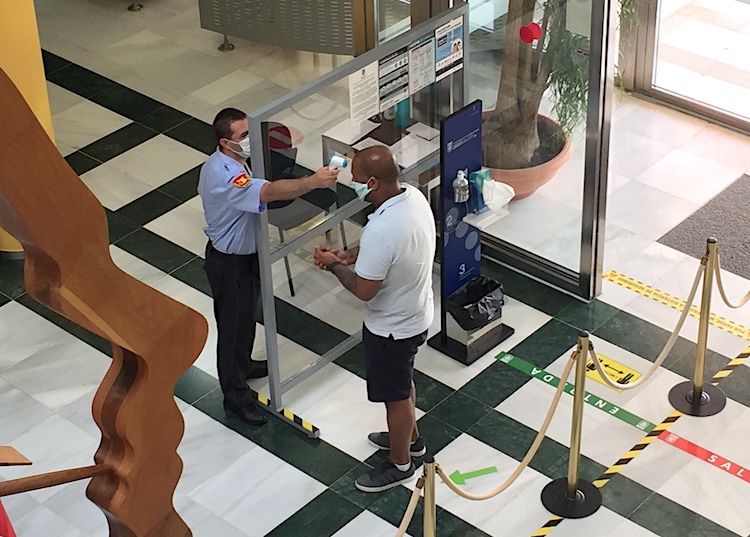- UMH researchers warn of a second wave if the current outbreaks are not controlled or security measures are relaxed.
When could the dreaded second wave of coronavirus occur?
Researchers from the Miguel Hernández University (UMH) in Elche are saying that based on a report compiled by using Data Science techniques, in the event that outbreaks are not controlled, both those that currently exist and the new ones that are expected to arise, or in case the people neglect their safety measures, a second wave of the pandemic could be triggered in mid to late August.
“The trigger for the first wave of the pandemic was the arrival of people into the community from other parts of Spain, due to the closure of schools and the recommendation for teleworking, prior to the declaration of the state of alarm at the national level,” the researchers explain.
They also say that as long as the currently existing security measures, such as the mandatory use of a mask or social distancing, are not relaxed and, at the same time, existing outbreaks are controlled, it will not be necessary to apply additional control mechanisms such as tests or mandatory quarantine.
UMH researchers have prepared this report, which studies the impact that both tourism and the relaxation of security and hygiene protocols relaxation by members of the public may have on cases of coronavirus during the summer in the Valencian Community.
If we start from the current state of the pandemic in the different autonomous communities and countries within the Schengen area, the technical report answers different questions taking into account parameters such as the percentage of people who could get infected from each autonomous community, as well as from each country.
They also estimate the number of active infected, again in each community and country as well as the total of undetected cases. From this data, they develop different tourist influx scenarios for which they predict the development of the pandemic in the Valencian Community during the months of July and August.
The report was compiled by José Luis Sainz-Pardo, José Vicente Segura and José Valero, belonging to the University Research Institute ‘Operational Research Center’ (CIO).





